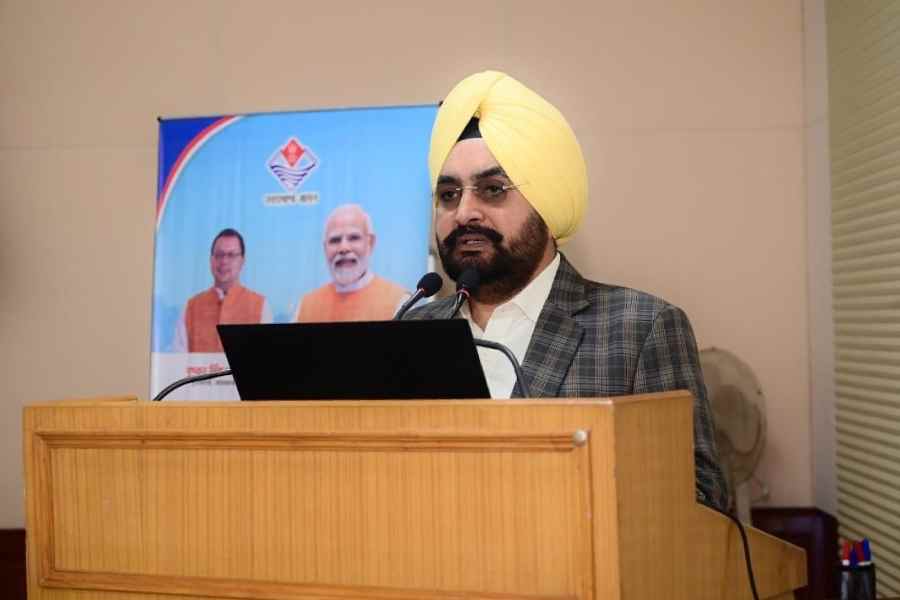The Supreme Court expressed “concern” at the “procedure adopted” by the Centre to appoint two new election commissioners, Gyanesh Kumar and Sukhbhir Singh Sandhu, while refusing to quash the appointments on Thursday.
The full judgment, uploaded only now, shows the apex court was concerned about the “full details and particulars of the candidates (not) being circulated (among) all members of the selection committee” that picked the duo this month.
On Thursday, the court had dismissed applications from the Association for Democratic Reforms and Madhya Pradesh Congress leader Jaya Thakur that sought quashing of the appointments on the ground of the selection panel not including the Chief Justice of India (CJI).
A five-judge constitution bench had last year ruled that the selection panel for election commissioners should include the CJI. But the Centre then passed the Chief Election Commission and other Election Commissions (Appointment, Conditions of Service and Term of Office) Act, 2023, bypassing this requirement.
On Thursday, the apex court dismissed the applications saying that quashing the appointments so close to the general election would create “chaos”. But it agreed to examine the constitutionality of the new law.
“We must, however, express our concern on the procedure adopted for selection of the incumbents to the two vacant posts of ECs, a significant constitutional post,” the bench of Justice Sanjiv Khanna and Justice Dipankar Datta said, according to the detailed order.
“Such selections should be made with full details and particulars of the candidates being circulated to all members of the selection committee.”
The lone Opposition member on the selection panel, Congress MP Adhir Chowdhury, had told reporters he was neither given a shortlist of candidates nor their detailed backgrounds.
Under Section 7(1) of the 2023 Act, the three-member selection committee is made up of the Prime Minister, leader of the Opposition or leader of single largest party in the Lok Sabha, and a cabinet minister. The earlier apex court judgment had mandated that the third member be the CJI.
“Section 6 of the 2023 Act postulates five prospective candidates which, prima facie, appears to mean that for two vacant posts ten prospective candidates should have been shortlisted,” the bench said on Thursday.
“Procedural sanctity of the selection process requires fair deliberation with examination of background and merits of the candidate. The sanctity of the process should not be affected.
“Nevertheless, in spite of the said shortcoming, we do not deem it appropriate at this stage, keeping in view the timelines for the upcoming 18th General Elections for the Lok Sabha, to pass any interim order or direction.
“As indicated above, this would lead to chaos and virtual constitutional breakdown.... It may also be relevant to state that the petitioners have not commented or questioned the merits of the persons selected/ appointed as ECs.
“Further, EC being a constitutional post, it is wise to remind ourselves that once a constitutional post holder is selected, they are duty bound to act in accordance with the letter and spirit of the Constitution. The assumption is that they shall adhere to constitutional role and propriety in their functioning.”
The bench said quashing the appointments would be “plainly impermissible without declaring Section 7(1) as unconstitutional”.
“Further, we would be enacting or writing a new law replacing or modifying Section 7(1) of the Act, as enacted by the Parliament, if such a contention were accepted,” it said.
The bench quoted B.R. Ambedkar to state: “However good a constitution may be, if those who are implementing it are not good, it will prove to be bad. However bad a constitution may be, if those implementing it are good, it will prove to be good.”
It added: “We would clarify that the observations in this order are tentative and are not to be treated as final and binding, as the matter is sub-judice.”











